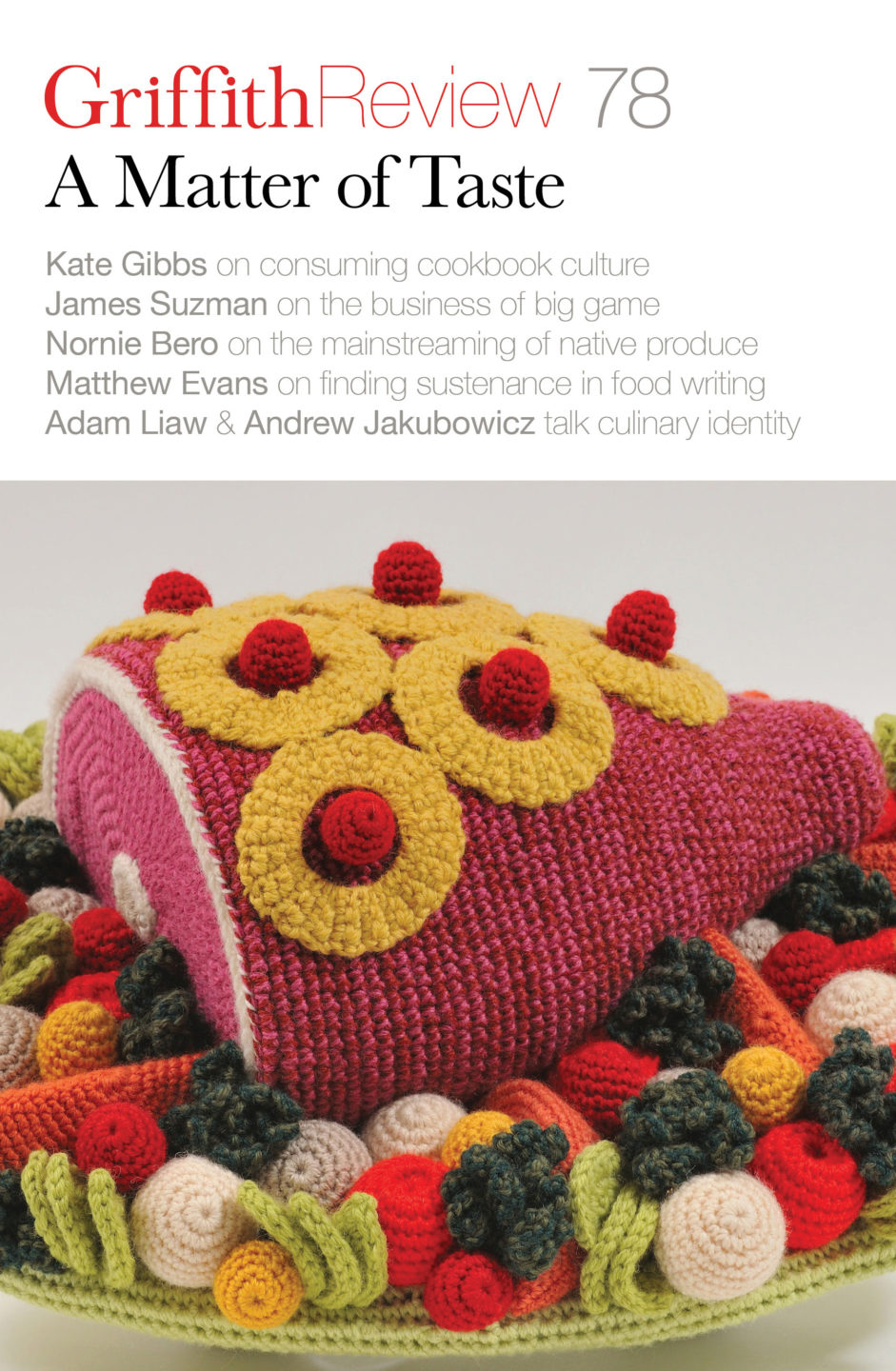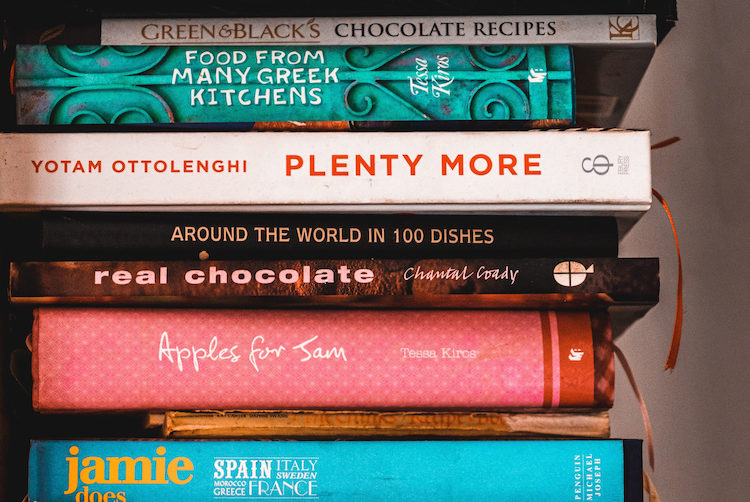Featured in

- Published 20221101
- ISBN: 978-1-922212-74-0
- Extent: 264pp
- Paperback (234 x 153mm), eBook


Already a subscriber? Sign in here
If you are an educator or student wishing to access content for study purposes please contact us at griffithreview@griffith.edu.au
Share article
More from author

Scarlett fever
Non-fictionThe competition was notable for its shift away from being a Vivien Leigh lookalike contest. The bid to find a woman who, instead, ‘most closely’ resembled how Scarlett ‘would act and speak today’ and embodied ‘her spirit and sass’ opened up the search to any woman with a bit of chutzpah, including, in theory, Black and other women of colour.
More from this edition

Flowers and fruit
PoetryThis arrangement like any other, each the simulacrum of before.

Recipe for success
EssayFans used to approach my grandmother, Margaret, at events or book signings, professing their adoration and proudly presenting their 1969 yellow-bound original of The Margaret Fulton Cookbook. They’d tell stories about the book’s place in their hearts – it had been given to them when they moved out of home, or when they’d married, or it had been passed through two generations. Margaret would smile sweetly and flick through the pages as though looking for something. Then, often, she would close the book firmly and look mock-crossly up at them (I say ‘up’ because she was usually seated, but was also only just over five-foot-tall). ‘You’ve never cooked from this book. Where are the splatters, the markings of the kitchen, the stuck-together pages?’

Changing palates
In ConversationWe were accidental arrivals, I think is the best way to put it. My parents were refugees from Poland. They were Jewish citizens of Poland and they basically flipped a coin and made a run for it.